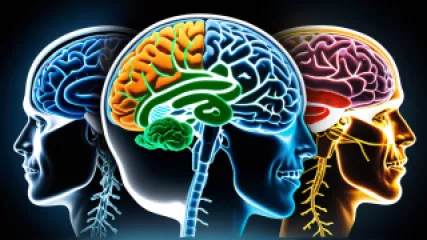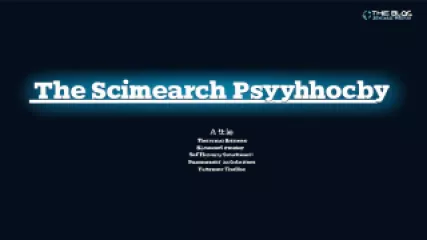5 Creative Therapy Ideas to Improve Mental Health
1 vuosi sitten
Luova terapia
Exploring the Latest Research on Bipolar Disorder
1 vuosi sitten
Kaksisuuntainen mielialahäiriö
Understanding the Roots of Self-Esteem: A Research Summary
1 vuosi sitten
Itsetunnon ymmärtäminen
The Transformative Power of Creative Therapy for Mental Health
1 vuosi sitten
Luova terapia
Why Understanding Self-Esteem Matters for Personal Growth
1 vuosi sitten
Itsetunnon ymmärtäminen
Expert Insights: Understanding Compulsive Behaviors
1 vuosi sitten
Pakonomaisen käyttäytymisen ymmärtäminen
How to Use Laughter for Relaxation
1 vuosi sitten
Naurun psykologia
Unlocking the Power of Music Therapy: A Personal Journey
1 vuosi sitten
Musiikkiterapian hyödyt
Overcoming Financial Stress: An Expert's Perspective
1 vuosi sitten
Taloudellisen stressin hallinta
How to Manage Bipolar Disorder: A Step-by-Step Guide
1 vuosi sitten
Kaksisuuntainen mielialahäiriö
The Surprising Benefits of Alternative Therapies for Relaxation
1 vuosi sitten
Vaihtoehtoiset terapiat
The Science Behind Self-Esteem: A Research Summary
1 vuosi sitten
Itsetunnon ymmärtäminen
A Step-by-Step Guide to Understanding and Overcoming Compulsive Behaviors
1 vuosi sitten
Pakonomaisen käyttäytymisen ymmärtäminen
5 Stress-Reducing Tips to Manage Your Finances
1 vuosi sitten
Taloudellisen stressin hallinta
Exploring the World of Alternative Therapies: An Interview with a Holistic Wellness Expert
1 vuosi sitten
Vaihtoehtoiset terapiat















